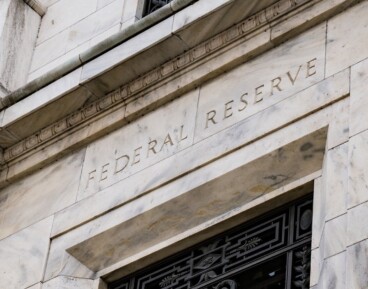German automotive industry at a crossroads
Kategoria: Business
In „Podcast: The Fed’s Days Are Numbered,” I discussed the Fed’s failure to achieve its stated objectives on both a long and short-term basis, and questioned why Bernanke & Co. continue to press forward with policies that have not worked and have failed in other settings (e.g., Japan).
Their behavior calls to mind Albert Einstein’s (in)famous quip that the definition of insanity is doing the same thing over and over again and expecting different results.
And yet, even though it is apparent that quantitative easing is not working and that it is actually causing all sorts of collateral damage, you still have the so-called „experts” arguing that the Fed will need to continue heading down this path in the period ahead, as ValueWalk.com reports in „QEIII Won’t Work, QE4 Coming this Year: Morgan Stanley Bombshell”:
Below are some highlights from Morgan Stanley (NYSE:MS):
QE3 will likely be insufficient to significantly boost equity markets and we wouldn’t be at all surprised to see the Fed dramatically augment this program (i.e., QE4) before year-end, particularly if economic and corporate news continue to deteriorate as they have over the past few weeks. While the Fed’s ultimate aim is stable pricing and full employment, key near-term feedback from equity markets could prove disappointing.
…
Deutsche Bank also has some comments on QE4 and QEF (forever) in a report issued this morning. They state:
We think yields are gravitating higher and have raised our year-end target for 10s to 2 percent. Fundamental drivers include a better global growth momentum picture for 2013 as well as our view that the worst of the fiscal cliff is already priced. QEF (‘F’ for forever) raises some interesting issues in terms of how to frame the outlook for yields if the Fed is
apparently willing to commit to unlimited purchases subject to (economic) conditions. The ability to influence yields comes down to the play off between depressing real yields directly versus the risk of elevating inflation expectations.We have a revised nominal yield model for the post crisis period. If the Fed doesn’t deliver on QE4, yields could easily rise towards 2 ½.
Of course, this raises an interesting philosophical question: if the Fed is engaging in insane behavior, what do you call those who seek to enable this behavior?
Psychopaths?


